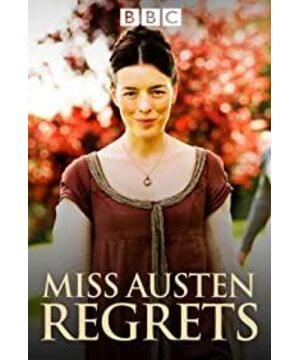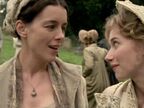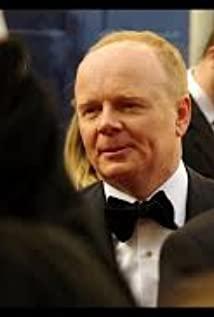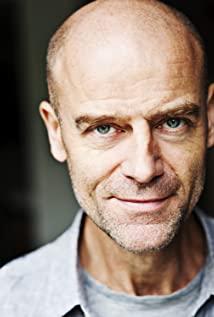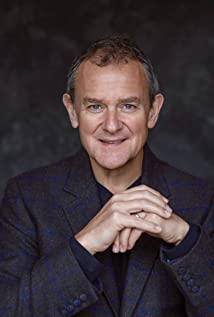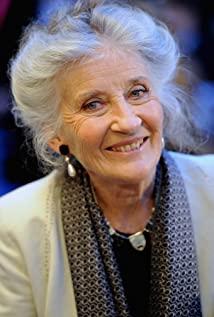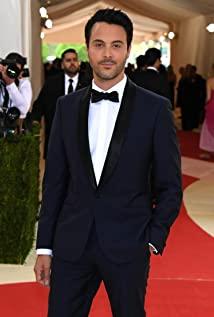He once wrote some texts about films adapted from Austen's novels, such as the films "Persuasion" and "Pride and Prejudice". The lives of contemporary book lovers reflect the contemporary significance of their work, such as The Austen Book Club, and have written reviews of films based on speculations about Austen's life, such as Becoming Jane Austen, a BBC and American film The co-produced "Jane Austen Regrets" also belongs to the latter, but it is more realistic, more realistic and more meaningful than "Becoming Jane Austen" starring Anne Hathaway.
The reason why it took so long after watching the film to write something is because I found that the film has a very long and profound space for aftertaste, and it has become more and more profound over time, just like the piano soundtrack in the film, which can lead the audience to do it subtly. More thinking. If "Being Jane Austen" (I personally don't appreciate it) shaped a wise Jane, then "Jane Austen Regrets" vividly and delicately reproduces a wise Jane (Olivia Williams played by St.
The video style of the film is very touching, as if to restore the elegance and tranquility of the English countryside of that era. The gentlemen and ladies of that era also chose and followed their own destiny due to factors such as personality, mind and situation in their seemingly peaceful lives. In the meantime, Austen's extraordinary insight, writing skills in describing life, and a soul full of aura and perception all jumped on the screen quietly. "My only regret is that I can't leave anything for you and my mother...", combined with her life like a gurgling stream encountering a river stone by chance, I can't help but sigh.
At that time, Jane, who had gained widespread recognition and fame, was not well off. Due to her brother Henry, who was in charge of publishing affairs, was not good at dealing with the publishing house, her first three novels only made more than 40 pounds. , the greater the pressure of life, the more difficult the normal life is. As the unmarried daughter of the late pastor, Jane lives with her mother, Cassandra, who is also unmarried for life. She needs to rely on the financial support of her brothers to live. After her father died, the mother and daughter lived in a rural wooden house provided by her brother Edward. But Edward has also fallen into financial difficulties, and Henry, who is a banker, is even more unfortunate. Due to poor management, the bank went bankrupt and he turned to be a priest... Jane, who is only good at writing, desperately hopes to subsidize through her own brushstrokes In order to get a "good price" for her works from the publisher, she even went to visit the regent who claimed to like her works in order to make her work a "good price". At the same time, her health was deteriorating. And the angel took her away in the summer when she was about to turn 42...
The film started the plot directly from Jane Austen's about to turn 40, and the niece Fanny (played by I Morgan Potts) asked the "marriage expert" on paper Jane acts as a staff advisor to help choose a husband, and Jane's seemingly contradictory attitude that both love and economic strength must be taken into account confuses Fanny. In fact, this seemingly contradictory but unifying attitude is the result of Austin's experience. Those who don't live easily.
For a long time, the poor life and the sense of responsibility to the family have made Jane know that love alone is not enough. She knows the importance of economic foundation for a stable marriage. When she was young, she also had people who knew and loved each other, but She understands that she can't live with the same poor person; at the same time, Jane is a sensitive person who is true love, and without the same spiritual feeling, she would rather not marry, so when she has the opportunity to marry a wealthy gentleman with a family business and status At that time, even after the engagement, she still chose to refuse. Perhaps it is precisely because Jane has an insight into the relationship between sweet love and economic foundation that the "Darcys" in her writings are gentlemen who are both rich and affectionate. Therefore, in "Pride and Prejudice", when Darcy Asked when Elizabeth had fallen in love with him, Austin made Elizabeth playfully tease, while standing on the beautiful and charming estate of Pembury...
Jane chose not to marry, but she also chose freedom. Although she did not enter into a marriage that was beneficial to her family due to practical reasons, she was able to observe life freely, write to her heart's content, and live the life she wanted. The long life course tells future generations how precious true love is, and she has no regrets for choosing such a life.
At the end of the film, after Jane's death, Fanny married a rich widower with several children. At the wedding, Jane's mother said to Cassandra: "She married him anyway, and this time Jane guessed right again." Jane guessed By the way, it's because she knows the world too well and the people in different situations. There is no doubt that she is wise and has gained mental growth from her constant life insights. Financial security and mutual love, bondage and freedom, the happiness of poverty and the melancholy of wealth... Jane knows that it is impossible to have both. In this case, she is willing to choose faithfulness and protection to her heart.
Olivia Williams, who played Jane, completely touched the most sensitive and delicate part of Jane's heart, and also brought the audience to the depths of Austin's heart. Greta Scalci, who played sister Cassandra, also performed well. She Most of the scenes with Olivia Williams reveal Jane's mental journey. Two of the most memorable scenes are the two sisters sitting on the lawn. Cassandra is painting a portrait of her sister. Jane's expression is quiet but slightly. With sadness, I chatted with my sister about the past when I was young. The other was when Jane was dying, and Cassandra scrubbed her. Jane's insights on regret, bondage, freedom, and spirit are both captivating and profound, "Because of you , I chose freedom." Perhaps, Jane's life is also a kind of happiness.
( http://nicolew.blog.hexun.com/20520709_d.html )
View more about Miss Austen Regrets reviews


